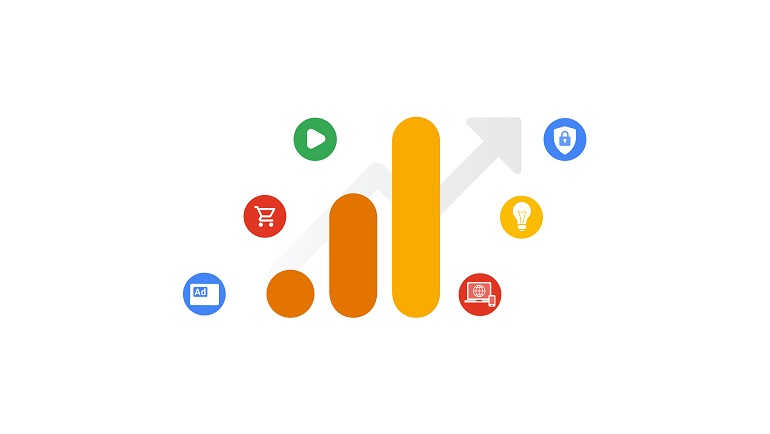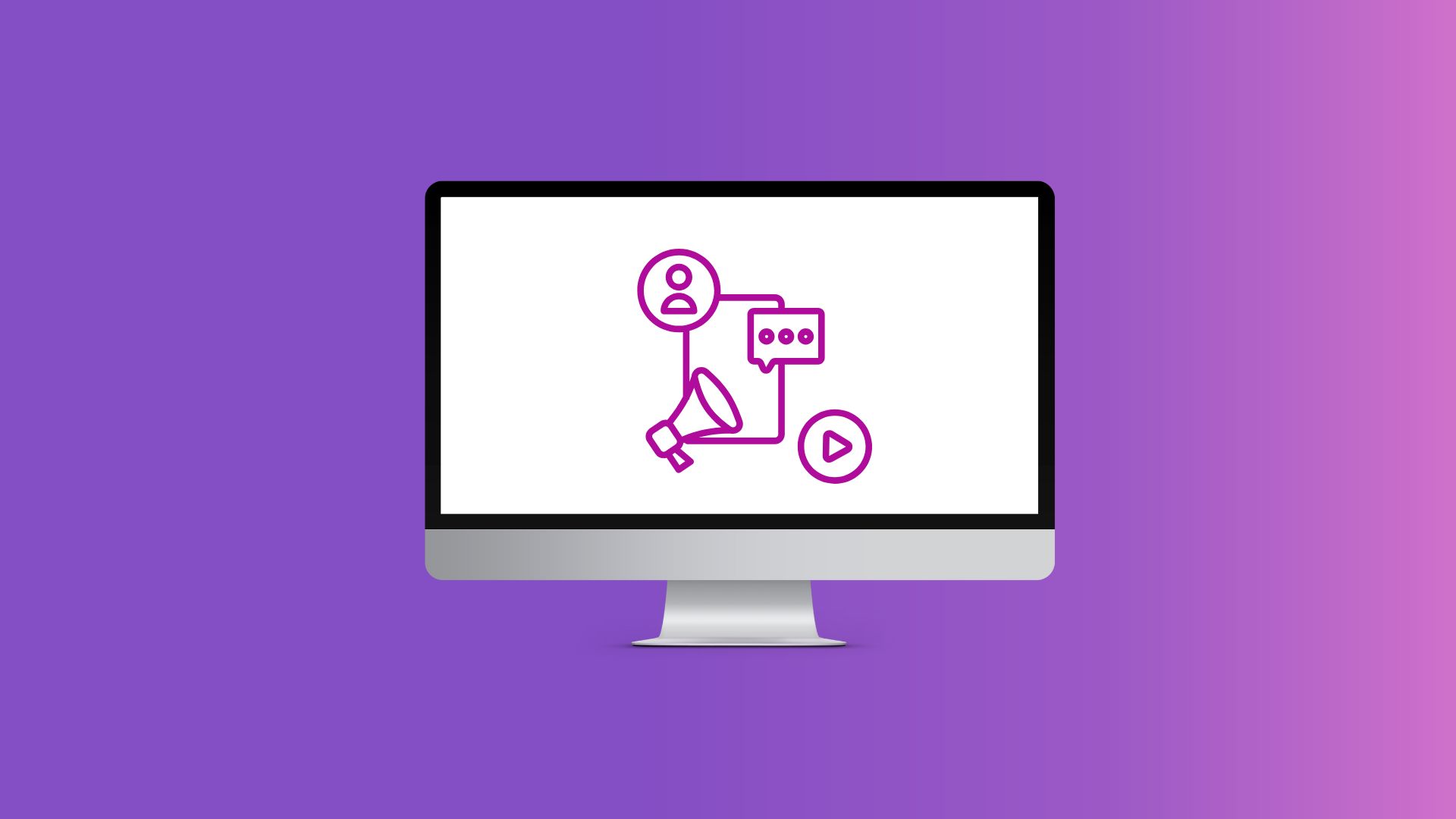Quick Guide To Google Analytics 4 For Marketing Agencies

Wy Do You Need To Switch From UA To GA4?
If you are not using GA4 and you are trusting that you have time until July 2023, you are completely wrong. The data from your current Google Analytics DOES NOT TRANSFER for the new version. So you need to create a new account. Plus, the two versions will not coexist: Google Universal Analytics is going to be dead and buried after next July and you will not have access to it anymore.
And the change is completely understandable and perfectly timed. Even though Universal Analytics was a great tool to track your website’s engagement, GA4 does much more. It can integrate marketing and e-commerce websites, as well as native web apps that can give a broader analysis of how the users interact with your brand.
This happens because more and more web browsers are blocking ads and third-party cookies are step by step becoming obsolete.
So, considering this change is inevitable and useful for companies to adapt to the new digital era, the web 4.0, how should you configure Google Analytics 4?To Configure Google Analytics 4
Create Google Analytics 4 Property
You can use GA4 Setup Assistant here and follow the instructions one by one.
Find Your Google Tag
To do this simply login into your Google Analytics account and click Admin. Select property > data streams > web. View tag instructions under Google Tag. Select install manually on the installation instructions page and you should see the JavaScript snippet for your tag. It should start like <!– Google tag (gtag.js) –> and end with </script>.
Insert Tag In Your WordPress Website
If you have a WordPress website, install WPCode Plugin. Then go to Code Snippets and Header & Footer. You can now add an HTML code to your page header, so paste the Google Tag that you picked before here. Do the same thing in the ‘body’ section.
You can use Google Tag Manager for an easier setup.
New Features In GA4
There are many new features that are worth mentioning in GA4. Here are some of the most noteworthy that you should take note.
1. Explorations
This new feature allows you to interpret data in more detail. It uses a variety of techniques, including funnel exploration, path exploration, and free-form exploration, which help you to uncover insights.
2. BigQuery Export
You can now safely export your data to the cloud. Export your Analytics data to BigQuery and combine it with data from other sources. You can also run queries through all data sets.
3. Event-Based Model
If in UA the data was stored in sessions, now it changed to events. This means that before the data was grouped by user interactions that were taking place within a specific time frame. One single session could contain numerous hits, depending on how users interacted with the website.
Now, however, the session-based model will be obsolete. GA4 uses an event-based model, collecting and sending pieces of information that are more specific to the profile of the user. Such information can be the value of a purchase, the geolocation, and the titles of the pages the user visited.
So the event-based model will have an ongoing profile of each user, both on the web and apps, showing their usual behavior as a viewer and potential customer, instead of separating it into different sessions that are not connected.
4. Reporting
In Google Universal Analytics reporting was quite limited across devices and across platforms. The new GA4 has completely changed that and it supports full-cross devices and cross-platform reporting.
So, instead of having separately reports of web and app users, you can now have both in the same report, showing relations in behavior between users of different devices and platforms.
5. Automation
While Google UA had very limited automation, GA4 is on the right track to keep up with the new era of the internet, the web 4.0.
Using machine-learning technology, Google is looking to improve and simplify insight discovery.
6. Audiences
One major change in Google Analytics concerns audiences. What are audiences? They are a group of users that you identify based on specific characteristics that are important to your business.
You can segment people by age group or by their preferences. Maybe they are sports fans, travel addicts, or shopping enthusiasts?! With audiences, you can track those features and divide them into specific groups. You can identify your audiences based on IDs sent to Analytics.
How To Identify Audiences In Google Analytics 4?
1. User-ID
One of the ways you can identify your audience is through their user-id. This is a customer-generated ID that is used to distinguish users in different categories, while also joining them in user events, that are useful for reporting and exploration.
2. Google Signals
If a user has turned on Ad Personalization to see ads targeted to their specific needs you will be able to use Google Signals to identify them.
These are session data from sites and apps, that Google associates with visitors that signed with their Google accounts and have the personalized ads feature enable.
3. Device ID
Since GA4 is all about cross-platform and cross-device, you will now be able to see a device ID for each user and thus be able to group audiences based on their preferred devices.
Either if they are browser-based or mobile-app-based, they will have their own identifier. When visiting a website the device ID gets its value through the client ID property of the _ga cookie.
Final Thoughts
We hope this guide was useful for you to learn why you should change to GA4 as soon as possible, as well as everyone in your company or marketing team.
The changes might seem sudden and scary, but once you look at them they all make sense in the context of how the web is progressing into a new digital era.
If you have any further questions or doubts about how to implement GA4 in your company and on why you should do it, contact us and we will try to help you move forward.
Read our other articles

Benefits of Enterprise SEO: Why Large-Scale Businesses Need It


B2B SaaS SEO: Best Practices and Strategy for 2025


Top 5 Trends for Enterprise SEO in 2025






